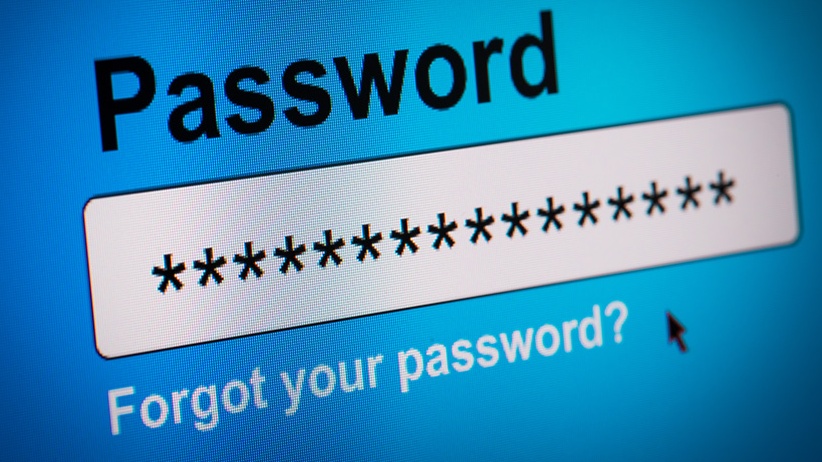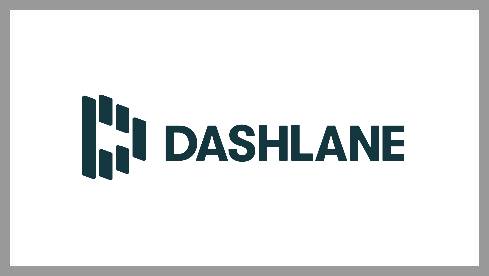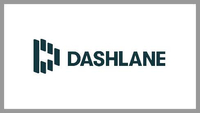5 reasons why businesses should never use consumer-grade password managers
Keeping your company as secure as possible requires a business password manager

With ransomware attacks on the rise, businesses should ensure their networks are completely secure. Many businesses rely on password managers to keep intruders out of their networks. A password manager can help ensure that every password used by your business is unique, and is hidden behind a layer of encryption.
Small businesses adopting a password manager for the first time may be tempted by consumer-grade password managers. After all, personal password managers are inexpensive and typically include lots of security features.
However, password managers designed for home users simply don’t provide the security businesses need. In this guide, we’ll explain why every business owner should invest in the best business password manager rather than rely on a consumer-grade password manager.
Dashlane is Techradar's Best Password Manager Dashlane is an advanced password manager with a free VPN, a one-click password importer and charger, dark web monitoring and encrypted cloud storage. Start your free trial for business at Dashlane.com.
Businesses need to monitor password strength
The role of an IT administrator would be much simpler if every employee could be trusted to create strong, unique passwords for all their accounts. The truth is that employees are busy, and corporate security isn’t usually a priority. Without oversight, employees often reuse passwords or create weak passwords that can be easily guessed.
If your business uses personal password managers, you have no way to police rules about how strong or unique passwords should be. If employees are reusing passwords without your knowledge, this could create an opportunity for intruders to access your network.
With a business password manager, administrators can set rules around how strong passwords must be. For example, an administrator can require that all passwords contain one or more special characters. Administrators can also automatically block employees from using the same password for multiple accounts.
This is important because it makes your company’s online accounts more secure. Not only are employees’ passwords harder to guess, but a single stolen password won’t allow an intruder to get very far within your network.
Are you a pro? Subscribe to our newsletter
Sign up to the TechRadar Pro newsletter to get all the top news, opinion, features and guidance your business needs to succeed!
Single sign-on is a must-have for businesses
Another significant downside of using a consumer-grade password manager for business applications is that they don’t support single sign-on (SSO). Single sign-on is a type of authentication that allows a user to log in with a username and password, and then access a variety of applications.
This might initially seem less secure—after all, if a user’s SSO password is stolen, an intruder could access many apps instead of just one account. However, SSO is actually more secure because it reduces the number of times employees need to enter their password. Every login is an opportunity for a password to be stolen, so reducing the number of logins increases network security.
SSO is also important because it’s part of broader identity and access management approaches. With single sign-on in place, IT administrators can quickly modify a user’s access permissions across a range of apps, or even block them from accessing a business’s network.
Nearly all password managers for businesses support single sign-on through platforms like Okta, Microsoft Active Directory, OneLogin, and more.
Businesses rely on multifactor authentication to stay secure
Another key feature of business password managers that’s missing from most consumer-grade password managers is support for multifactor authentication. With multifactor authentication, a password on its own isn’t adequate to grant access to an account. In addition, users must also confirm their identity in one or more additional ways.
Additional forms of identity confirmation might include a physical device such as a smartphone, or use biometric features like fingerprints or voice patterns. For example, with multifactor authentication enabled, an employee may have to provide their password plus a one-time code sent to their phone, to log into an account.
Multifactor authentication makes business networks more secure because it greatly reduces the risk that a stolen password can result in a breach. Unless the would-be intruder also has an employee’s phone or fingerprint, there’s no easy way for them to break into the targeted account.
Businesses should control access to shared passwords
Many consumer-grade password managers allow users to securely share passwords, but they don’t necessarily make it easy. Typically, users have to share passwords one by one, and there are few restrictions on how passwords can be used once they’re shared.
Business password managers, on the other hand, offer in-depth group management features for sharing passwords. These are helpful when onboarding new employees. With a few clicks, administrators can share passwords for the business accounts to which a new employee needs access.
The same features are useful when an employee leaves your company. Administrators can simply revoke access to shared passwords at an individual user level, ensuring they don’t take sensitive passwords with them when they leave the organization.
Group management features can also be used to monitor how passwords are shared with external contractors and collaborators. For example, administrators can be alerted when a password is shared beyond the boundaries of your organization.
When leaks happen, businesses need the data to plug them
While the goal of using a password manager is to prevent intrusions into your network, intruders sometimes find a way through. When this happens, IT administrators require tools at hand to find network intruders and eject them.
Consumer-grade password managers don’t offer much help for this process. They offer very little information about which passwords were used, and when.
Alternatively, business password managers provide detailed analytics and audit logs that administrators can use to find out where a breach started, as well as how far it has progressed. The data in these logs offers information about specific passwords, when they were used, what device or location a login came from, and more. The data can be used to spot unusual login activity that might signal an intruder’s movements through a network.
Summary
Small businesses may be tempted by the low price and simplicity of personal password managers. However, consumer-grade password managers don’t provide the advanced features that businesses need to keep their networks secure in an era of increasing network complexity. Companies of all sizes should always use a business password manager for digital security.
Michael Graw is a freelance journalist and photographer based in Bellingham, Washington. His interests span a wide range from business technology to finance to creative media, with a focus on new technology and emerging trends. Michael's work has been published in TechRadar, Tom's Guide, Business Insider, Fast Company, Salon, and Harvard Business Review.


